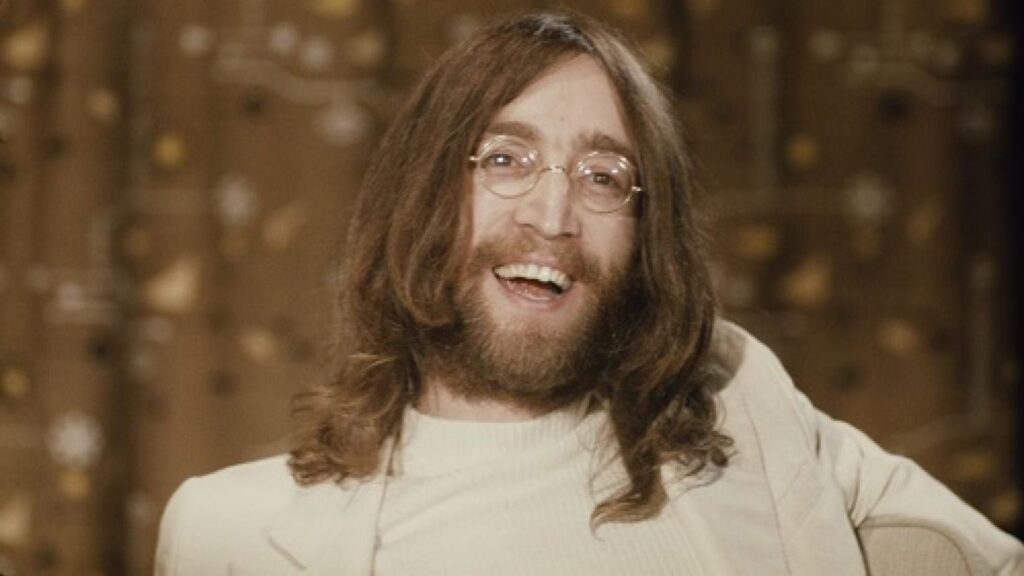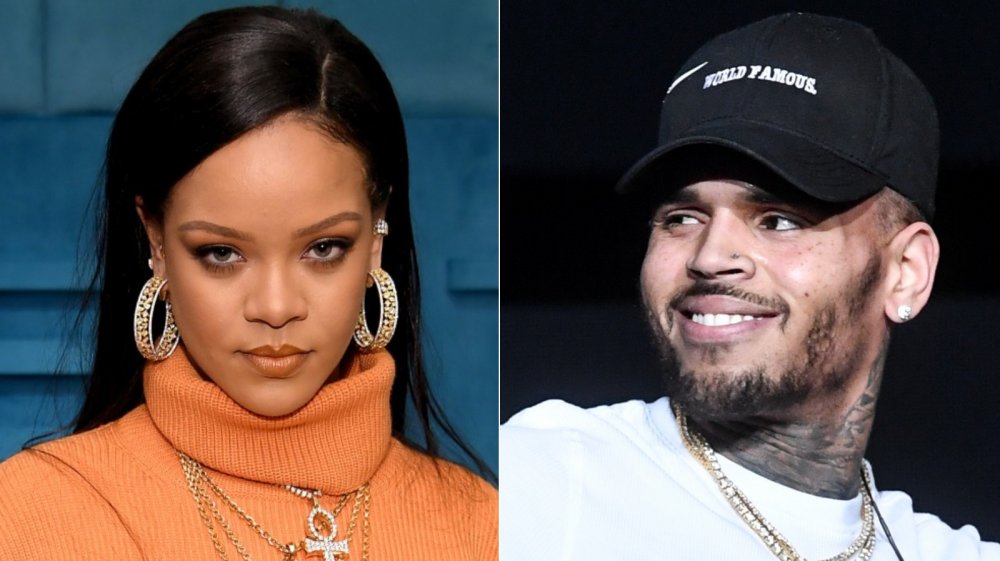RACHELS RUNDOWN: Unpacking the Dilemma – Can We Truly Separate the Art from the Artist?

We all have our own glorified figures, whether they’re from music, politics, or sports. They are our heroes, but what happens when they disappoint us? In recent times, we’ve been reassessing not just historical figures but also the behaviour of those who have shaped our pop culture and music industry.
Look at some of the creators of your favourite songs. What do we do with the art left behind by those who have been charged with horrific offences? Can we still enjoy their music if we’re troubled by aspects of their personal lives? For example, the controversies surrounding Johnny Cash, Tom Meighan, John Lennon, Elvis, Chris Brown, Eric Clapton’s controversial statements, Michael Jackson’s allegations and P. Diddy’s recent troubles. The debate over whether we can separate the art from the artist is deeply personal and complex. Can we still appreciate and consume creative works independently of the creators’ personal actions and beliefs?

What got me started on this trajectory was whilst out and about around Halloween I got “Thriller” by Michael Jackson stuck in my head. I was like no, I really don’t want this to be on constant repeat in my mind. Then I started to appreciate the song, and it got me questioning things in my head. Not on a personal level as I struggle to support anyone with allegations against them, but does this incredibly well-known song’s influence and artistic merit stem from the piece itself rather than the creator’s allegations? Because despite my views, people do still play, listen and love Michael Jackson as they do many others. It cannot be denied that “Thriller” is a work of art. It has shaped genres, inspired many artists, and entertained millions of people. Its impact stems from its originality and inventiveness of that time, all of which are distinct from the creator’s private life. However, how can we fully appreciate this work while being conscious of the grave accusations made against Michael Jackson?
We’re all aware too that numerous notable artists throughout history have had extremely tumultuous lives and the press has had a field day with these artists. Would we lose a substantial portion of our cultural legacy if we disregarded their contributions because of these individuals’ behaviour? Even if so, is it important that someone’s artistic behaviour may be illegal?
Others believe that supporting an artist’s work is intrinsically linked to supporting the artist themselves, which can include supporting their actions and beliefs. If the artist has engaged in unethical or unlawful practices, consuming their work may just feel wrong. Understanding the context may alter the meaning and impact of art, making it challenging to see it in isolation. An artist’s actions and views can also have a significant influence on their work. Promoting moral conduct and a culture of respect requires holding artists accountable. Ignoring an artist’s wrongdoing might give the impression that being in a band or having a lot of money justifies unethical conduct (it doesn’t).
For me, when an artist’s personal actions starkly contradict the messages in their music, it can feel deeply inauthentic and even hypocritical. It’s challenging for me to reconcile the beauty or meaning in their work with the reality of their behaviour. However, like many of us, I still sometimes listen to some artists with these allegations against them, such as John Lennon. This cognitive dissonance makes me feel hypocritical myself, causing me to question my morals but also my empathy for individuals who have suffered trauma and may not always deserve that consideration. Rationalising John’s abusive treatment of Cynthia and Julian by saying “he had a tough childhood” is not an excuse as many kids go through a rough childhood. All this has certainly diminished my appreciation and love for his art, especially recently. Even writing this makes me reflect deeply on the question posed in this article: Can you separate the art from the artist? This has become an extremely thought-provoking exercise, especially for myself.
We also have to consider that in the past, societal attitudes and media coverage were different. During the 1970s, the media often overlooked cases of domestic abuse, unlike today, where such issues are more likely to be highlighted with the ongoing epidemic. For instance, artists like Chris Brown and XXXTentacion have faced significant media scrutiny for their actions. Despite this, it is troubling that in the modern era, artists can still profit and maintain success despite being known abusers. Chris Brown, for example, faced widespread condemnation and was sentenced to five years of probation for his assault on Rihanna. Yet, he continues to collaborate with top artists, sell millions of albums, and remain successful. This situation raises questions about accountability and the ethics of supporting artists with such troubling histories.

We can all reflect on how we choose to engage with the art created by individuals who may have done questionable or even harmful things. As we continue to re-evaluate the legacies of those we admire, it’s important to have conversations about how we interact with their art.
Ultimately, whether we can appreciate the music while condemning the actions of its creators is a question each of us must answer for ourselves.
RACHEL BROWN
These helplines offer confidential advice and support to those experiencing domestic abuse. If you or someone you know needs help, please reach out to one of these services.
- National Domestic Abuse Helpline: 0808 2000 247 (freephone, 24 hours a day)
- National Centre for Domestic Violence (NCDV): 0808 1689 111 (freephone, year-round support)




